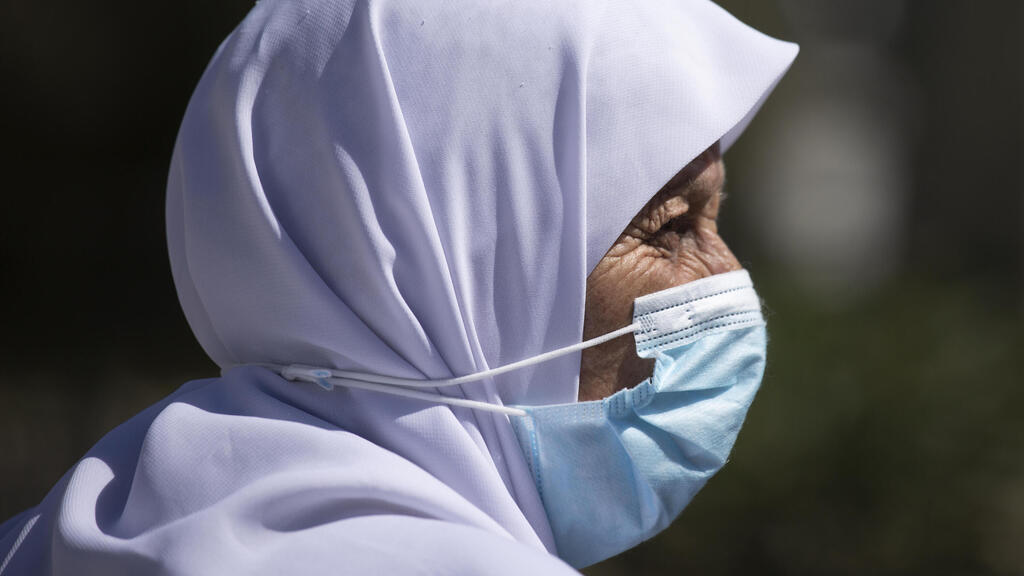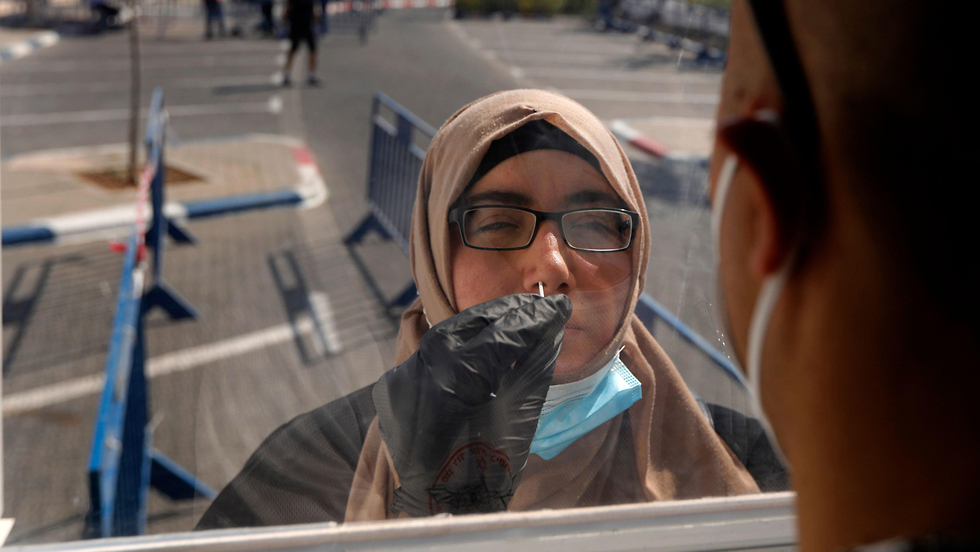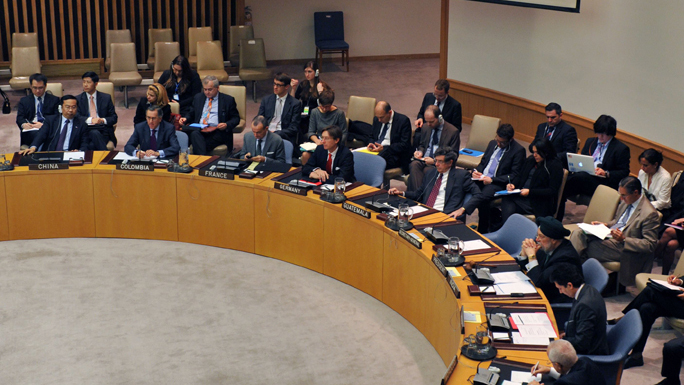Getting your Trinity Audio player ready...
Israeli officials voiced their concern on Wednesday over possible condemnation by the UN Human Rights Council for not providing coronavirus vaccines to the Palestinian Authority.
Israel has faced criticism for not extending its fast-paced vaccination drive to the Palestinian Territories even though under the terms of the Oslo Accords, Ramallah is responsible for the healthcare of its own population and has repeatedly said it is obtaining its Russia's Sputnik V vaccines via a UN scheme.
The government, nevertheless, allocated 5,000 coronavirus vaccines to the Palestinian Authority, 2,000 of which has already been transferred to be administered to medial teams and urgent cases.
The Foreign Ministry said it was expecting the council's session, set to begin in Geneva on February 22, will condemn Israel for its failure to supply coronavirus vaccines for Palestinians in the West Bank.
Although Jerusalem's decision not to extend the vaccination campaign to the West Bank was condemned by some in the international community, the ministry emphasized that none of those countries volunteered to supply the PA with vaccines.
Last year, the council published a list of 112 Israeli and international companies operating in settlements on the West Bank that should be monitored and sanctioned. It also aims to increase the number of companies that it claims should be blacklisted.
Israel will attempt to block the move, claiming it would cause economic harm to the country and that the council has no authority behind it to take any steps against the companies, though officials believe their efforts are unlikely to succeed.
3 View gallery


A Palestinian woman wearing a mask outside the Damascus Gate in the Old City of Jerusalem
(Photo: AP)
U.S. President Joe Biden's administration announced earlier this week that it has reversed the step taken by former president Trump in 2018, to resign its membership in the international forum over alleged bias towards Israel.
Officials say the return of the U.S. to the Human Rights Council could be beneficial because it would enable the country to prevent anti-Israel decisions being made by the international body.



